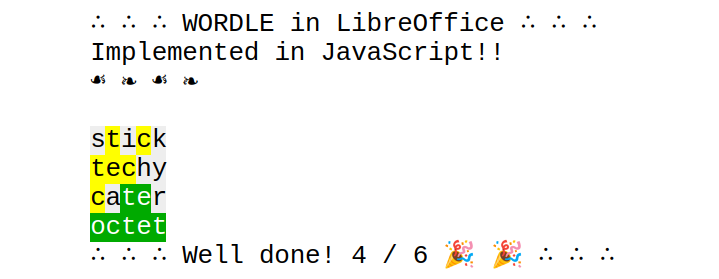Of the words at the top of this post, Merriam-Webster defines the adjective, “snarky,” as “sarcastic, impertinent, or irreverent in tone or manner.” “Snark,” meanwhile, can be either a noun (“an attitude or expression of mocking irreverence and sarcasm”) or verb (“to say something snarky”).
Google Ngram Viewer shows both words shooting up in popularity over the past twenty-five years or so, in both the U.S. and the U.K. They apparently felt somewhat fresh in 1997 when Spy magazine took the trouble to point out numerous recent uses: “people on SNL made ‘snarky portrayals.’ VHI’s Pop-Up Videos had ‘snarky comments.’ Tennis players used ‘snarky, talk.’ Chris Rock’s HBO show ‘got off to a snarky start,’ The Dandy Warhols’ hit single had a ‘snarky title,’ (‘Not if You Were the Last Junkie on Earth’). Gen Xers were reading ‘snarky free weeklies.’ … The New York Observer had ‘snarky commentators.'”
The etymology does not go back to Lewis Carroll’s 1876 poem about an imaginary creature, “The Hunting of the Snark” (as some have assumed). Instead, the word has multiple roots, An 1866 glossary of “Shetland and Orkney Words” lists “snark” as a verb meaning “to make a snoring noise.” Sixteen years later, the OED reports, Jamieson’s Etymological Dictionary of the Scottish Language included the verb as meaning, “To fret, grumble, or find fault with one.” The OED also suggests a connection with “nark,” meaning “An annoying, unpleasant, obstructive, or quarrelsome person.” The dictionary has a citation from 1846: “They are the rankest narks vot ever God put guts into, or ever farted in a kickses case.” Most of the later examples of “nark” are from Australia or New Zealand. Another antipodean connection is that Digger Smith, a 1917 Australian book-length poem by C.J. Dennis, has a glossary at the end defining “snarky” as “angry.”
The first OED citation for “snark” as a verb comes from a 1904 novel, The Phoenix and the Carpet, by the English children’s book author E. (Evelyn) Nesbit: “He remembered how Anthea had refrained from snarking him about tearing the carpet.
Remarkably, the dictionary’s first example of “snarky” is a line of dialogue from another Nesbit book, the well-known The Railway Children, from 1906: “Don’t be snarky, Peter. It isn’t our fault.” But I can antedate that by a year, with this quote (with telltale quotation marks) from Law Notes, published in London in May 1905:

For the purposes of this blog, it’s relevant that all the other examples from the next decade I’ve found either in the OED or through Google Books are from Britain. Nesbit’s niece, Dorothea Deakin, seemed to have caught her aunt’s enthusiasm for the word, and put this line in a 1908 short story: “Martin isn’t often snarky, but he remarked then in a cold voice, that he objected to backstairs gleanings about any one…” And the following appeared in Punch in 1913: “It didn’t matter a bit if I left my new bat out all night or had to sing a solo in chapel or was bottom of the form and got snarky letters from home or broke rules or anything.”
By 1915, “snarky” had appeared in a U.S. book, Ruggles of Red Gap: “I had received a rather snarky letter from him demanding to know how long I meant to remain in North America.”
“Snark” the noun, meanwhile, doesn’t show up till the very late 1980s. Relevant to the recent popularity of all forms of the word, on both sides of the pond, is the way “snarky” sounds like a portmanteau word, combining “sarcastic” and “snarl.” That, plus the fact that we live in extremely snarky times.
.png)




